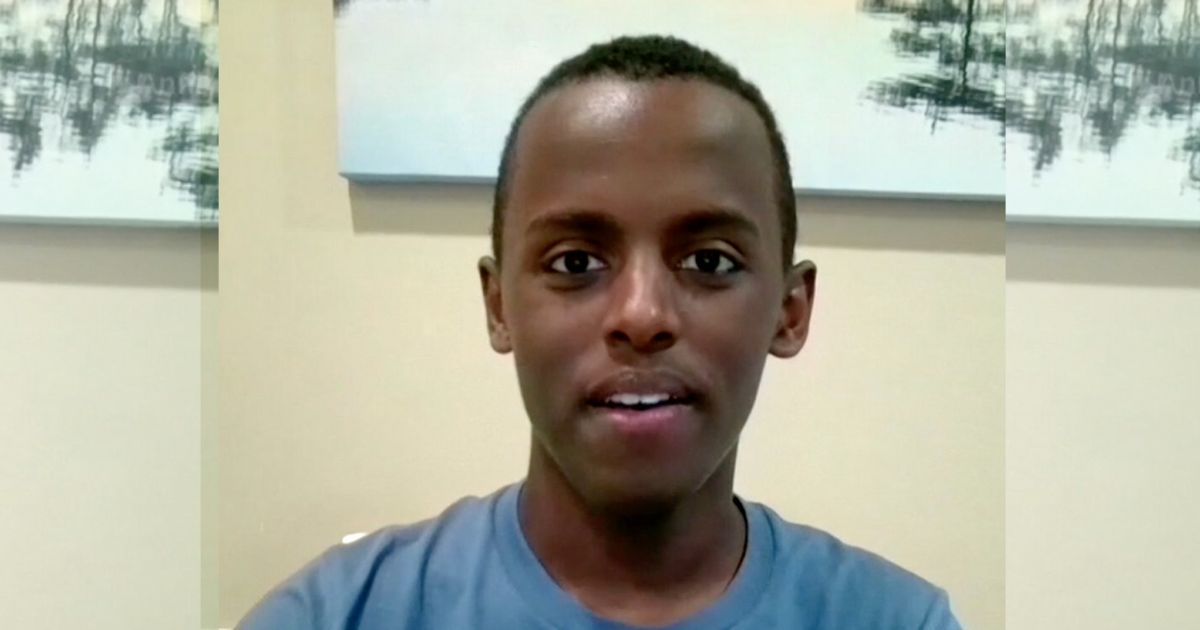A 15-year-old boy from Virginia, USA has made headlines with an extraordinary breakthrough: a soap that could treat skin cancer. His groundbreaking invention has not only garnered him praise from the scientific community but has also recently earned him the “Kid of the Year” title from TIME Magazine.
Heman Bekele, who was born in Addis Ababa, Ethiopia, shared that his inspiration for developing the Skin Cancer Treating Soap, or simply SCTS, stemmed from his experiences growing up in Ethiopia, where he observed many people working long hours under the relentless sun and enduring its harsh heat.




